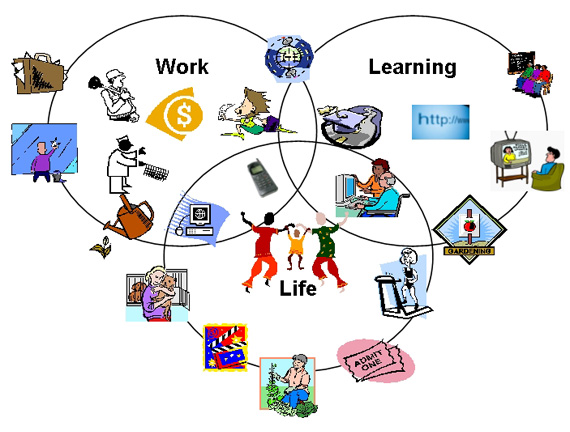

There is an old jest about planning something;
“if you ever want to make God laugh, make a planâ€.
This lighter veined remark apart, it is a hard
fact that no one ever can make a policy, for any field of human endeavour,
which can be called perfect.
Since I worked as a college teacher for more
than three decades I perhaps have a claim to call myself an academician, with a
valid right to probe the recently announced education policy.
The much hyped new policy that our newly
rechristened Education Minister, earlier being called Minister of Human Resource
Development, did not excite me much.
There are two valid reasons for this. One, it
has reportedly been imposed unilaterally without debating the issue with
academicians. Two, it was not debated even in the Parliament, displaying a
strangely arrogant behaviour of the Ministry.
This bypassing of the parliament may have been
necessary due the fact that the parliament was not in session. And by the time
a special session of the parliament could be called some short ‘
subh-mahoorat’
for announcing a new policy could have passed!
Some might object to my criticism of the new
policy asking that how could I condemn it out rightly without going through the
actual document?
I am doing so because even the highlighted new
features of the policy, over which government is going ga-ga unnecessarily, do
not appear to be new. More importantly no considerable enhancement in the
governmental spending on education has been announced, without which no policy,
old or new, can function properly.
Another much talked about, fervently, feature of
the policy is of providing basic school education in regional languages.
This takes me back to my high school days in
mid-sixties. After passing the eighth standard school board examination, it
became hard for us all rural bred students to cope with science subjects in the
next ninth class. For, from then onwards science teaching got shifted from
regional Punjabi to alien English. Fine. Somehow we got used to it, though with
difficulty, and were promoted to the next final high school class. This class
was having great significance because its examination then was conducted by the
Panjab University.
As the luck would have it, a new education
policy got announced at the start of the new session, under which even tenth
class was required to study science subjects in local language. Again we had a
difficulty in relearning all the technical terms that too were foolishly
translated into Punjabi from English rather literally.
Howsoever, passed the matriculation examination,
getting just pass marks, and got ready to join some college for receiving
higher education. As per the desire of my parents, who like every other middle
class parents wished to make his/her child either an engineer or a doctor, I
got admitted to science stream which now was taught in English. This another
roll back of language lead to wasting of my two precious years of
life.
The end result of the current policy of
educating children in local languages, which though sounds good at the surface,
would be as disastrous as in the past. More so because we don’t have sufficient
infrastructure to provide higher education, particularly professional one, in
regional languages. So it will be prohibiting the local language literates to
pursue higher professional courses.
May be this is a part of some sinister hidden
agenda of the BJP to keep the poor class poorer by limiting their chances of
getting higher education. The plan, as per the new policy, to start vocational
job oriented courses in schools too points towards this unfavourable bias
towards the lower classes of the society.
With our illiterate law makers who blatantly
promote religious ritualism, superstations and peddling bizarre cures to combat
covid-19, like spraying of cow urine or eating a particular brand
paapads,
can one expect any good for the promotion of true education?
I wish there were a sincere newness in the new
policy!
(Published on 17th August 2020, Volume XXXII,
Issue 34)